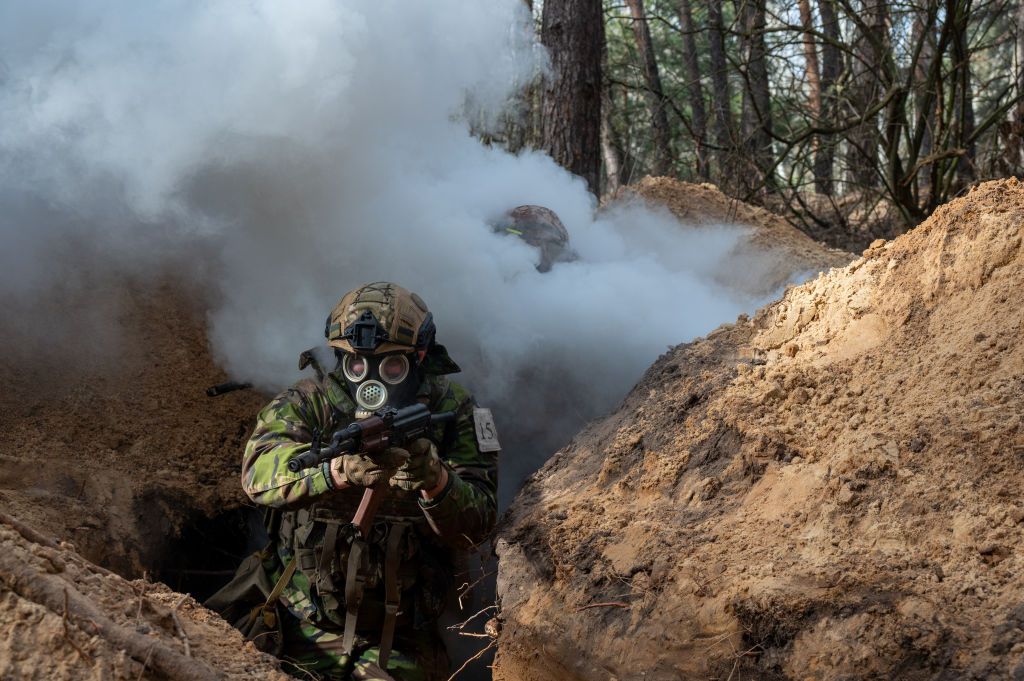European Council sanctions 33 people over ‘slow killing’ of Alexei Navalny

The European Council has sanctioned 33 people and two entities over the death of former Russian opposition leader Alexei Navalny last month, it was announced on March 22.
In a European Council press release, the EU’s top diplomat, Josep Borrell, said the “slow killing” of Navalny by the “Kremlin regime” was a “stark reminder of its utter disregard for human life.”
“Today’s sanctions demonstrate our determination to hold Russia’s political leadership and authorities to account for the continuing violation of human rights in Russia,” he added.
“At the same time, we know that (Russian President Vladimir) Putin is not Russia, and Russia is not Putin. We will continue supporting Russia’s civil society and independent voices.”
Among those sanctioned are Vadim Kalinin, the head of the penal colony in which Navalny died, as well as “various deputy heads” at the facility.
The penal colony itself – IK-3 maximum security corrective colony – and another in which he was held – IK-6 corrective colony – have both been sanctioned.
“In both places Mr. Navalny suffered abuses, including through repeated solitary confinement in a punishment cell and cruel, inhuman and degrading treatment, leading to the severe deterioration of his health,” the European Council wrote.
The European Council also sanctioned members of the Russian judiciary, including Andrey Suvorov, who sentenced Alexei Navalny to 19 years in prison, and Kirill Nikiforov, who rejected his lawsuit against IK-6 to appeal his transfer to a punishment cell for 12 days.
Other judiciary member also made the list having “issued a number of rulings against political opponents including Mr. Navalny, thereby contributing to political repression in Russia.”
Leaders around the world pointed at Putin as to blame for Navalny's death.
It remains unclear whether the harsh prison conditions caused his death or if he was intentionally murdered.














